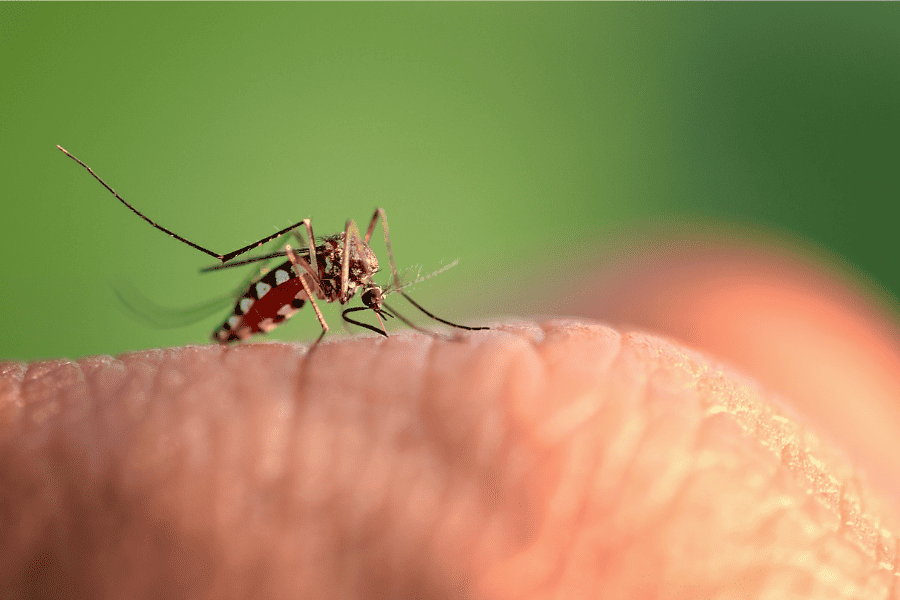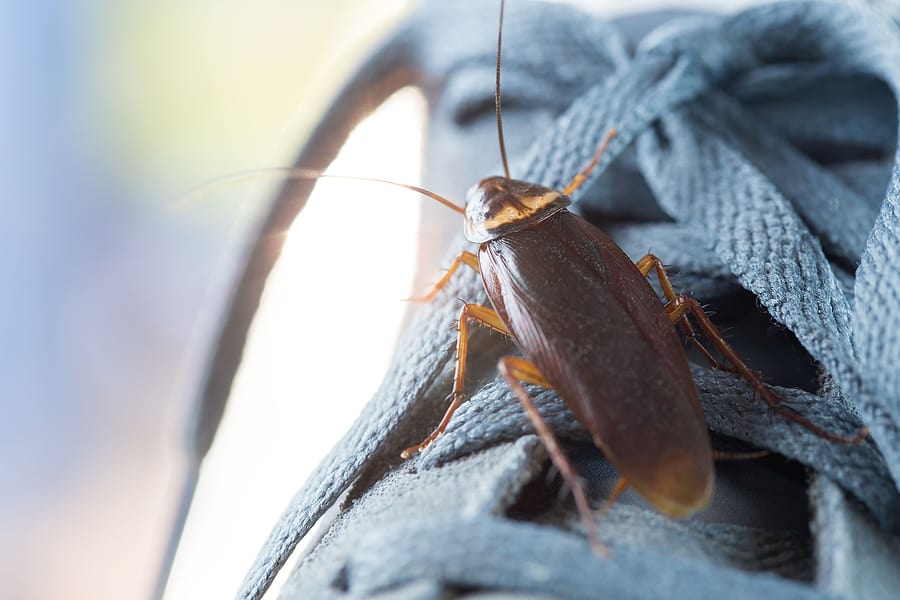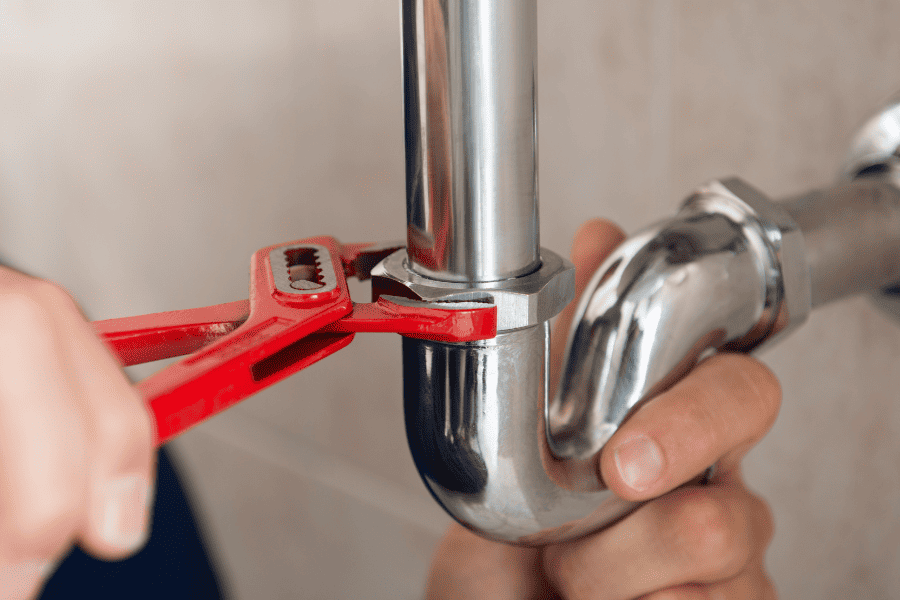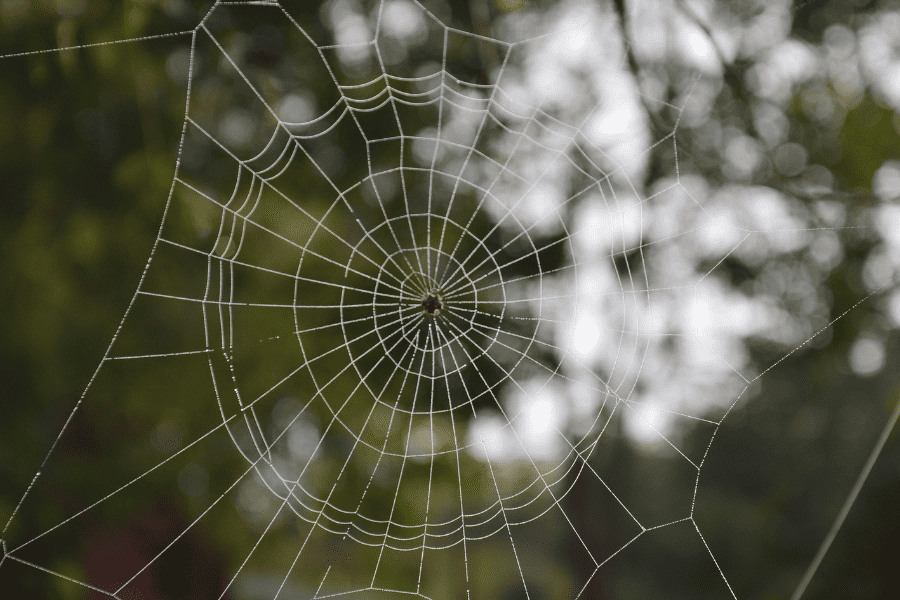READY TO GET STARTED?
REQUEST A FREE ESTIMATE
Fill out the form below or call (888) 466-7849 for a free, no-obligation estimate.

Silverfish are a prominent pest found in most Florida neighborhoods, including Hialeah. They typically show up in homes that offer high humidity and moisture, which is the perfect environment for these pests. These creatures aren’t harmful to humans but can become a nuisance if they infest your home.
These brown-gray to bluish-silver colored pest can get up to ½” in length and have six legs and an elongated body. They are known to rapidly move with fish-like movements and do not have wings.
You will typically find these pests in bathrooms, usually in the sink, bathtub, or crawling along the floor near a wall. They can survive a year without food but need humid temperatures and moisture to survive. Paper and photos make an ideal meal for these pests, but starchy substances like carpet glue, book bindings, wallpaper, plaster, and some paints will also attract these creatures.
Other than spotting silverfish themselves, there are various signs that these pests have infested your home. Pay attention to their feeding marks, these can look like holes, notches along an edge surface, or surface etchings. Here are some steps you can take to prevent these pests:
They prefer to live in areas that offer 75-95 percent relative humidity, which is not uncommon in South Florida. Air conditioners and dehumidifiers are vital for making your home environment less attractive to silverfish.
Silverfish and other pests like to hang out in cardboard boxes, so utilizing plastic bins for storage is a good way to prevent silverfish and other pests.
If you’re having issues with silverfish in your Hialeah, FL home, call your local pest control company today to request a free inspection.

In Florida, it can seem like mosquito activity will never end. With our tropical, humid weather, mosquitoes thrive and invade our yards looking for standing water to breed. Besides being a nuisance, these pests can also pose health hazards to both humans and animals, transmitting diseases like the West Nile virus and the Zika virus. So, when does mosquito season end in South Florida?
The official mosquito season typically runs from around March through September or October. Though, since Florida is in a tropical area, mosquito season tends to be year-round, often starting as early as February and ending as late as November. While it’s not ideal to deal with mosquitoes year-round, there are certain things you can do around your home to prevent these pests from taking over your yard. Check out our do-it-yourself mosquito control steps you can take to help minimize mosquitoes around your property:

Seeing roaches in your Lauderdale Lakes home?
Roaches are highly adaptable creatures and can find their way inside your home through the tiniest of gaps. Once they begin reproducing is when you start to see the problems that roaches bring. Understanding the factors that attract these pests into your home is the first step to preventing them!
Roaches prefer to eat sugar, carbs, and protein but will eat about anything they can find. Regularly clean up any leftover food, spills, or crumbs on tables, countertops, and appliances, especially after cooking or eating a meal. After a grocery trip or storing leftovers, look to place your food in airtight containers. Be sure to also empty your trash at least once a week and clean out the trash container of any spilled liquids or leftover food regularly.
Did you know that roaches can survive without water for 2 weeks? It’s true! Despite this, they still seek out water as much as they can and will enter homes if they’ve found it. It’s important to remove any standing water inside or outside of your home. Look to remove water near drains and sinks, particularly overnight. Your crawlspace and basement can create excess moisture; consider utilizing a dehumidifier or installing a moisture barrier or crawlspace enclosure to help.
Roaches love clutter, making it essential to remove any unnecessary items from your home, garage, and attic. Get rid of any old cardboard boxes, newspapers, and magazines. Check your interior walls, skirting, electrical outlets, baseboards, sinks, and cabinets for any gaps or openings, sealing them as soon as possible. Make sure your windows and doors are sealed and consider utilizing weatherstripping. Likewise, ensure all your exterior lighting turns off at night as it can attract rodents and household pests.
If you notice more roaches than normal in your Lauderdale Lakes home, be sure to give your local pest control company a call today for a free inspection and a customized pest plan to help prevent cockroaches!

It’s inevitable to come across certain pests, especially during the warmer months of the year. Though, with Florida’s tropical weather year-round, it can seem like dealing with pests is nonstop. Roaches, mice, mosquitoes, and ants are just a few pests that can take over a household, become an annoyance, spreading disease, and causing damage to your home. One of the best ways to avoid a pest infestation is preventing them in the first place by placing do-it-yourself pest proofing measures throughout your home. Check out our list of DIY pest control tips you can utilize:
Pests are attracted to three things: food, shelter, and water. The best way to keep pests from entering your home is to get rid of what they’re attracted to. Try to keep your home as clean as possible, vacuuming and sweeping on a regular basis. Likewise, repair any leaky pipes and faucets both inside and outside of your home. Avoid leaving your pet’s food and water bowls overnight, taking them in and storing their leftover food in plastic containers with lids. Declutter your home, removing any old magazines, newspapers, and cardboard boxes you don’t need.
Mice, ants, and roaches can enter through the smallest hole or gap they find. It’s important to take the time to inspect the outside of your home for any potential entry points, sealing them up with either caulk or steel wool, depending on how large it is. Don’t forget to check foundations, food frames, windows, utility pipes, cables and wires, and the roof for any potential opening pests could enter in from. Repair any broken windows or screens and fil openings in pipes and vents.
To get to your home, pests must enter your yard first, so it’s important to keep it less attractive to them as it is your home. Regularly mow your grass, keeping it short and eliminating any weeds. Remove piles of leaves, debris, and fallen branches from your yard. Look to eliminate any clutter or items you don’t need, such as old automobiles, trashcans, tires, and dumpsters. If you store wood, keep it elevated from the ground and at least 20 feet from your home.
Pests need water to survive, and the smallest amount of standing water will attract pests like termites and mosquitoes. Keeping your home as dry as possible is key to avoiding their infestation. Check around your home for any water leaks and look for loose fixtures or dripping faucets too. If you have a crawlspace, consider utilizing a dehumidifier to decrease excess moisture. Make sure you clear any debris and leaves from your gutters, especially after a hurricane or thunderstorm.
Sometimes, a pest infestation needs more attention than DIY pest control methods can provide. If you’re still seeing an influx of pests or would like to get ahead of pest prevention, consider reaching out to a local pest control company for some help. These professionals will identify the pest at hand, provide proper treatment, and recommend the best prevention techniques you can use at home to avoid a future pest infestation.

Did you know that most spiders are venomous? It’s true! Luckily (if you can look at it that way), only a few types of spiders have venom powerful enough to harm humans. These include the widows and the recluses. Check out our list of venomous spiders in Florida and their characteristics to easily identify them.
Spiders will bite as a defensive mechanism and these bites usually arise when we place our hands or feet in areas where we don’t see these spiders. A bite from any of these venomous spiders can lead to swelling, severe pain, nausea, sweating, and intense muscle cramps. If you think you’ve been bitten by a venomous spider, seek medical attention immediately.
Spiders will hide out where they know high populations of pests reside. This means they can find a safe space inside your home. Here are some easy tips to follow to ensure they don’t take up residence in your home: